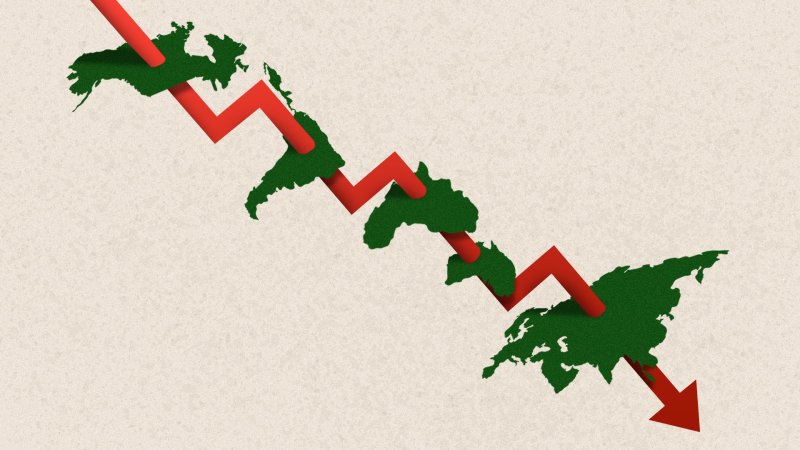In the first decade of the 21st century, economic growth allowed some developing countries to gallop faster than wealthier nations in North America and Europe. It was the era of Brics, the acronym for the fast-growing markets of Brazil, Russia, India, China and South Africa.
…
From 2000 to 2012, low- and middle-income countries grew at an average of 6% a year, compared with 2% for high-income countries, according to World Bank data. But their pace slowed to 4.5% from 2013 to 2019, while that of richer countries remained largely unchanged.
…
Economists cite factors including lower commodity prices, trade protectionism and automation that reduces the need for cheap labor as reasons developing countries are receiving less investment and struggling to catch up. The pandemic, which is devastating the health systems and economies of many low-income countries, is the latest factor.
This is due in part to weak demand for emerging-market export commodities such as oil, and because wealthy nations such as the U.S. are expected to begin reshoring manufacturing of goods such as health equipment from the developing world.
Now, travel and movement restrictions linked to the pandemic have taken a further toll, with key industries such as retail and tourism badly dented. The International Monetary Fund predicts an economic contraction this year, which would be the first since the Asian financial crisis.































